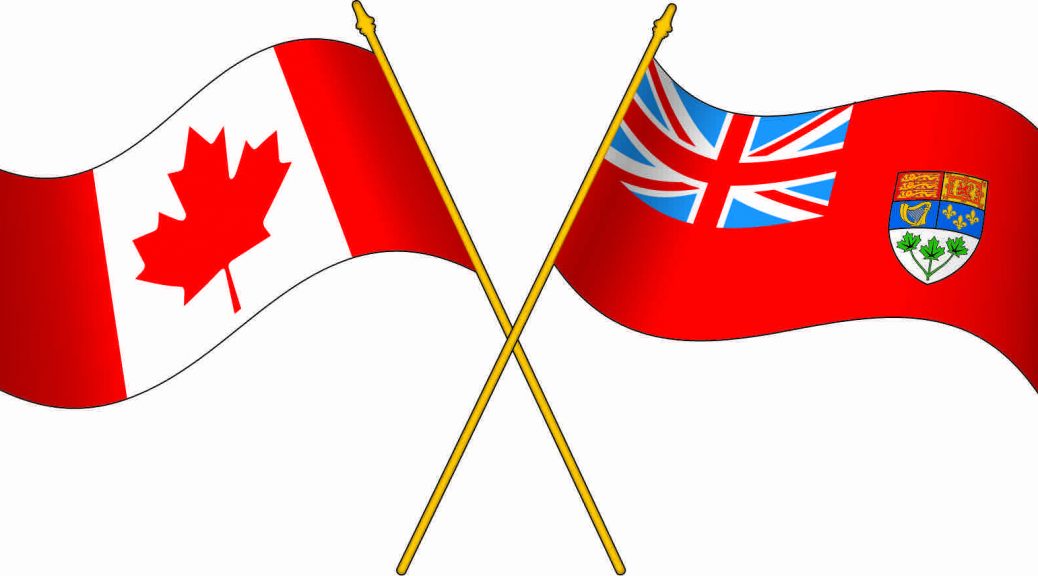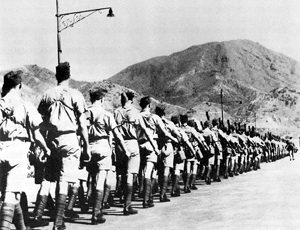
December 7th, 1941: Canada First to Declare War
At War on the 7th
Meanwhile, in England…
Winston S. Churchill: Recollection. The Churchill Documents, vol. 16, The Ever-Widening War, 1941 (Hillsdale College Press, 2011):
It was Sunday evening, December 7th, 1941…. I turned on my small wireless set shortly after the nine o’clock news had started. There were a number of items about the fighting on the Russian front and on the British front in Libya, at the end of which some few sentences were spoken regarding an attack by the Japanese on American shipping at Hawaii, and also Japanese attacks on British vessels in the Dutch East Indies….
I did not personally sustain any direct impression, but Averell [Harriman] said there was something about the Japanese attacking the Americans, and, in spite of being tired and resting, we all sat up. By now the butler, Sawyers, who had heard what had passed, came into the room, saying, “It’s quite true. We heard it ourselves outside. The Japanese have attacked the Americans.”There was a silence.
At the Mansion House luncheon on November 11, I had said that if Japan attacked the United States a British declaration of war would follow “within the hour.” I got up from the table and walked through the hall to the office, which was always at work. I asked for a call to the President…. In two or three minutes Mr. Roosevelt came through. “Mr. President, what’s this about Japan?” “It’s quite true,” he replied. “They have attacked us at Pearl Harbor. We are all in the same boat now….” We then went back into the hall and tried to adjust our thoughts to the supreme world event which had occurred, which was of so startling a nature as to make even those who were near the centre gasp.
Another version

John Gilbert Winant, U.S. Ambassador to the Court of St. James’s: Recollection. The Churchill Documents, vol. 16, The Ever-Widening War, 1941 (Hillsdale College Press, 2011):
We looked at one another incredulously. Then Churchill jumped to his feet and started for the door with the announcement, “We shall declare war on Japan.” There is nothing half-hearted or unpositive about Churchill—certainly not when he is on the move. Without ceremony I too left the table and followed him out of the room.
“Good God,” I said, “you can’t declare war on a radio announcement.”
He stopped and looked at me half-seriously, half-quizzically, and then said quietly, “What shall I do?”
The question was asked not because he needed me to tell him what to do, but as a courtesy to the representative of the country attacked. I said, “I will call up the President by telephone and ask him what the facts are.” And he added, “And I shall talk with him too.” We got through to the White House in a few minutes and the President told me very simply the story of the attack—so tragic in itself and yet the final mistake that was to end the power of the Axis. He could not, however, over the open transatlantic telephone, tell the extent of the crushing losses sustained by the fleet, or the heavy casualties. I said I had a friend with me who wanted to speak to him. I said, “You will know who it is, as soon as you hear his voice.”
A small salute to the courageous Canadians, who preceded Britain and America into war. In the Second World War from the beginning, Canada stood by her allies to the end.







One thought on “December 7th, 1941: Canada First to Declare War”
Maybe also interesting to know Richard, that we , the Dutch were liberated first by the Canadians. Their troops entered Holland first in May, 1945.
Comments are closed.